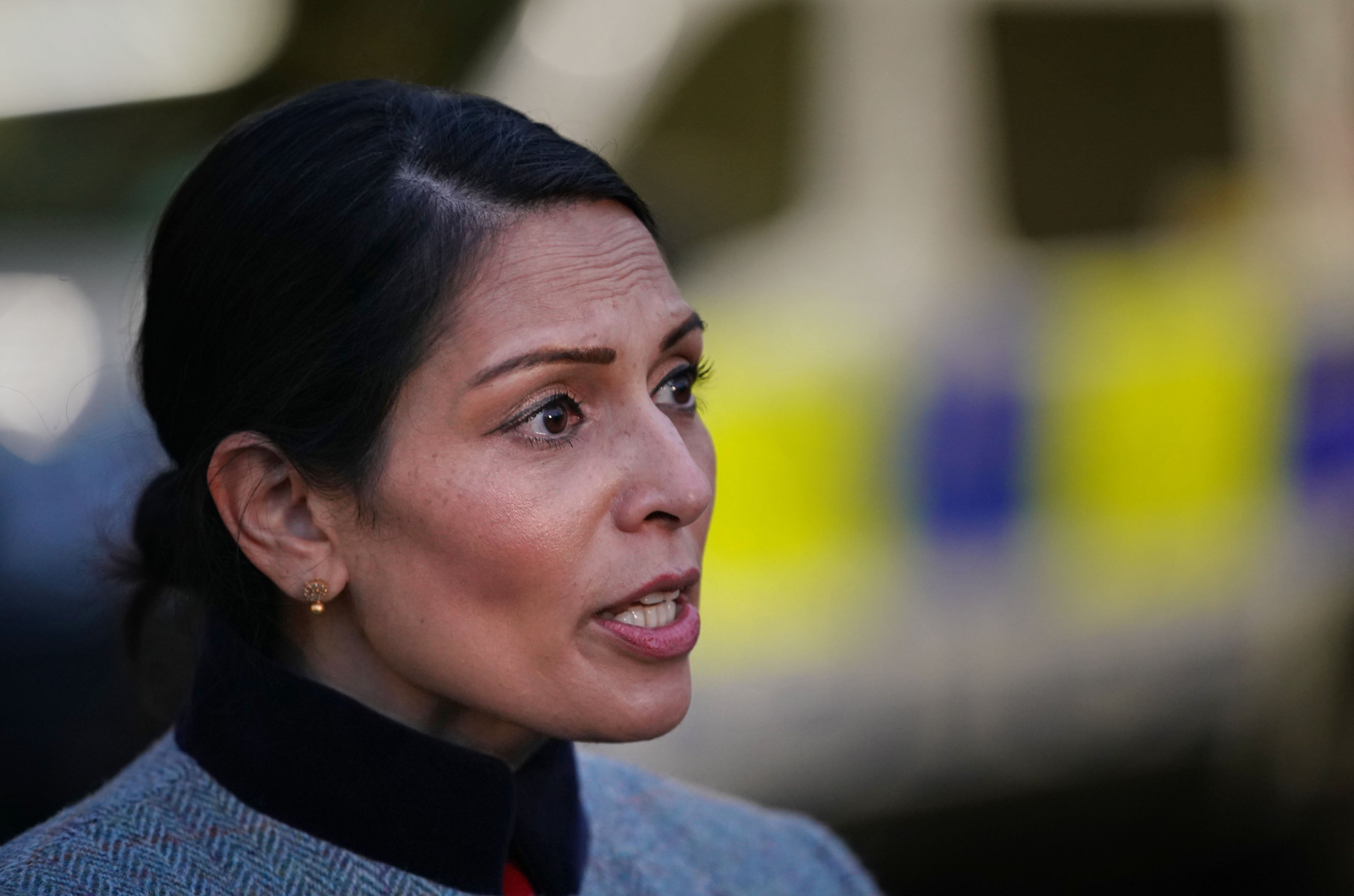What are the key issues as the police and crime bill returns to the Commons?
Mammoth piece of legislation will return to the Commons after peers inflicted a string of defeats last month, writes Ashley Cowburn


Last month peers inflicted a string of defeats on the government’s Police, Crime, Sentencing and Courts Bill, with the House of Lords rejecting controversial measures designed to combat tactics adopted by groups including Extinction Rebellion and Insulate Britain.
The legislation – described by one peer as the “biggest threat to the right to dissent and the right to protest in my lifetime” – was defeated over attempts to create a new offence for “locking on” tactics, which make it difficult for protesters to be removed from their place of protest.
Peers also torpedoed moves to allow police to stop and search those at demonstrations “without suspicion”, along with a bid to create a separate offence for interference with airports, road networks, railways and newspapers.
But the mammoth piece of legislation will return to the Commons on Monday as part of the “ping-pong” between the two chambers, and the government is expected to attempt to use its 80-strong majority to overturn the vast majority of amendments put forward by peers in January.
Writing to all 650 MPs last week, Priti Patel urged them to support the government’s “vitally important” bill, which also includes measures such as life sentences for those convicted of the unlawful manslaughter of emergency workers, and increasing maximum penalties for child cruelty.
“It must be passed soon so that we can continue to cut crime, reduce violence and protect women and girls,” the home secretary insisted.
However, key amendments put forward by the upper house are likely to prove a point of contention when MPs are asked to cast their votes next week – especially in regard to the measures for dealing with protests.
Peers have inserted an amendment into the bill that would strip away the proposed power for ministers to impose noise restrictions on protests – an aspect heavily criticised by civil liberties groups – and would defend the public’s right to protest on Parliament Square.
The Home Office has made clear it will keep “fighting for crucial changes to public order law that will enable the police to better manage disruptive protests”.
But the shadow home secretary, Yvette Cooper, last week accused Ms Patel of “trying to criminalise people for protesting noisily or singing in the street, rather than tackling serious crime”.
Peers also amended the bill so that it would make misogyny a hate crime, introduce new powers to tackle the problem of sex for rent, and create a “duty of candour” for police – but Ms Patel said in her letter to MPs that she would oppose these changes.
However, the government has said it will accept some amendments, including one that enables local authorities to quickly establish buffer zones around schools and vaccination centres if targeted by harmful and disruptive protests – a measure that is also backed by Labour.



Join our commenting forum
Join thought-provoking conversations, follow other Independent readers and see their replies
Comments